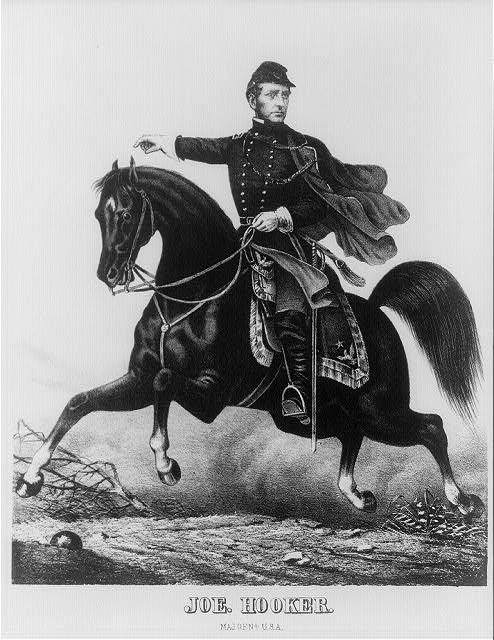A different manifest destiny: “America, like the Old World, is to be settled by many nations.”
Clement Vallandigham and his fellow Peace Democrats were criticized in much of the North for being de facto agents of disunion, because the South was never going to peacefully rejoin the Union. Here’s a Southern editorial that agreed with that part of Northern pro-war opinion.
From the Richmond Daily Dispatch February 7, 1863:
Can the Union of these States be restored?
In his late great speech, Mr. Vallandigham says: “Many States and peoples ones separated have become united through the course of ages through natural causes, and without conquest; But I remember a single instance only, in history, of States or people once united and speaking the same language, who have been forced permanently asunder by civil strife or war, unless they were separated by distance or vast natural boundaries. And who now, North or South, in Europe or America, looking into history, shall say that because of civil war the union of these States is impossible ? War, indeed, while it lasts, is disunion, and, if it lasts long enough, will be final and eternal separation first, and anarchy and despotism afterwards.”
The exception to the general rule, which Mr. Vallandigham lays down, is, doubtless, Germany, the people of which speak all the same language, and yet are separated into a score of States. It is obvious why he selected this case to make an exception of it. It is the strongest in point for those who believe that secession is inevitable, and has often been used as an example. It could be gotten rid of in no other way than by shoving it aside into a limbo of exceptions, where it might be left to sleep in oblivion. But it will not thus be passed over. –The case of Germany is strictly analogous to the case of the late United States. It was originally composed of a number of small principalities each independent of the other, and managing its own internal affairs in its own way, while all acknowledged a sort of allegiance to the Emperor of Germany. The thirty years war and the peace of Westphalia broke up this arrangement, and separate kingdoms grew up in Germany, who ever since have been negotiating and fighting with each other as independently as France and England might have done. They are in fact so many distinct nations. Germany, however, is not the only example. All Italy speaks the same language, and until three or four years ago it had been separated into a number of States for centuries. It was all united under the Roman Government. Let us try a separate existence four or five hundred years, as the Germans and Italiana did.
Mr. Vallandigham makes a great mistake in supposing this to be a civil war. It is not a civil war. It is a sectional war. It is a war between two peoples who are as distinct as the Russians and the Danes, or the Saxons and Dutch. Nor do we speak the same language. The language of the South is the English language. The language of the North is English, Dutch, German, Spanish–a compound, in a word, of every known language and dialect in the world. The population of the South is homogeneous. That of the North is more heterogeneous than that of the Austrian Empire. The great wonder is not that the two sections have fallen asunder at last but that they held together so long. It would be almost as rational to form the whole continent of Europe into a single State, and then expect it to continue such.
Mr. Vallandigham takes up the old geographical argument on which General Webb used to filiate with so much unction, and which was adopted by Lincoln in his last annual Message. Nothing can form the boundaries, it seems, of States but great landmarks. All the communities living on a great river must belong to the same Government. Certain elevations or natural water sheds control everything in the direction in which the water from them flows. Any man who knows anything of history and geography knows that this style of argument is perfectly ridiculous. How many nations are there on the Rhine? How many on the Danube? How many on the Po? Where is the grand natural division between Spain and Portugal? Between France and Belgium? Between Bavaria and Austria? Between Germany and Russia? As for the water shed argument, it is sufficient to know that Switzerland is the water-shed of all Western Europe.
The lines of demarcation arise from the character of the people. If they are hostile to each other they do not want waters or mountains to separate them. If they are not, waters and mountains can not keep them asunder. The idea that this whole continent is to be occupied by one nation is simply preposterous. In five thousand years the world has never seen such a thing as 200,000,000 of people speaking the same language and enjoying free institutions, all under the same Government. It is a dream of Utopian folly to suppose that it ever can exist. The separation has begun, and it will continue. America, like the Old World, is to be settled by many nations. Such is its destiny.
You can read a description of the plantation image at Library of Congress

![Hon. Clement Laird Vallandigham [?] of Ohio (between 1855 and 1865; LOC: LC-DIG-cwpbh-01193)](https://www.bluegrayreview.com/wp-content/uploads/2013/02/01193r-220x300.jpg)
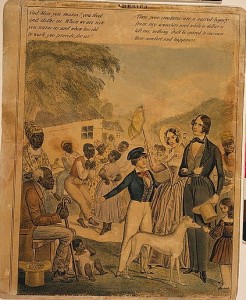
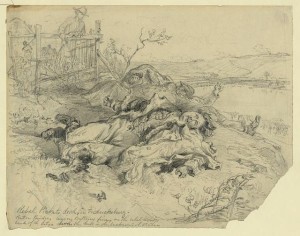
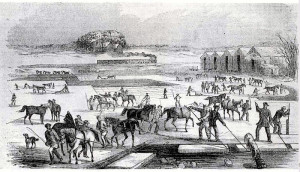
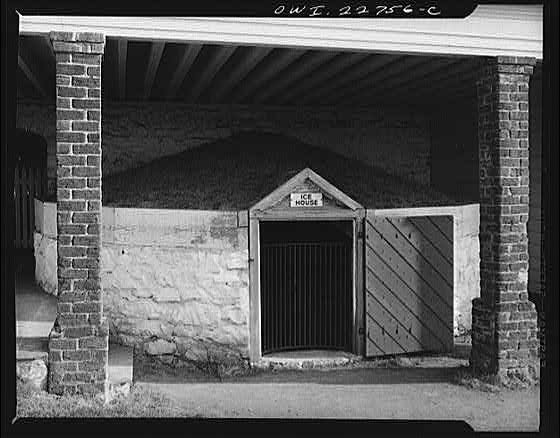
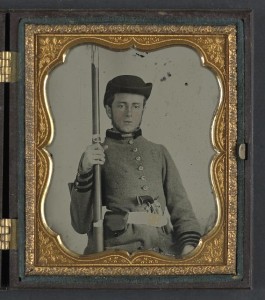
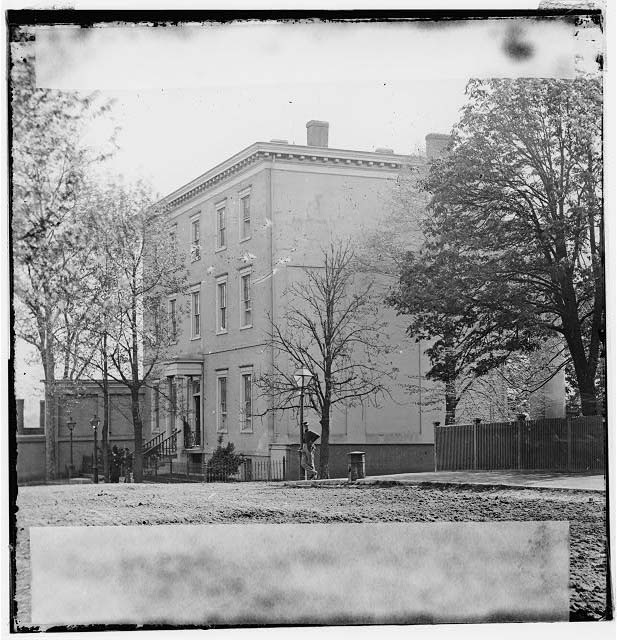
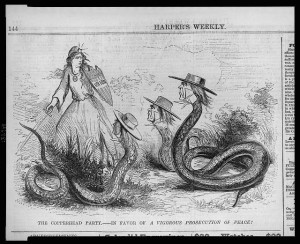
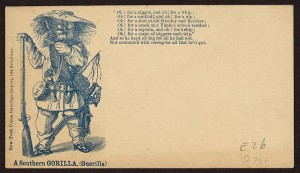
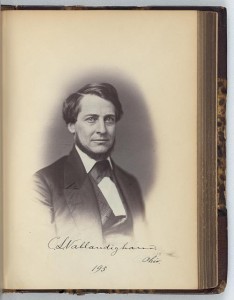
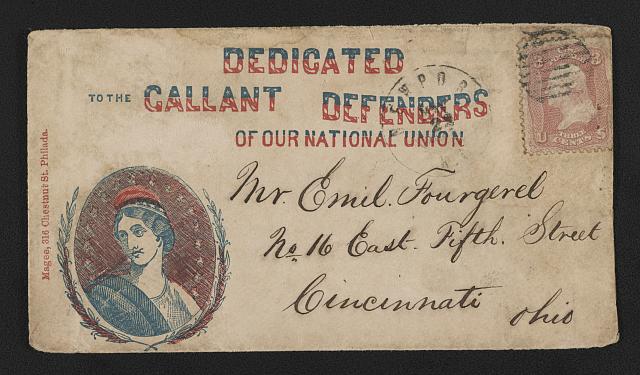

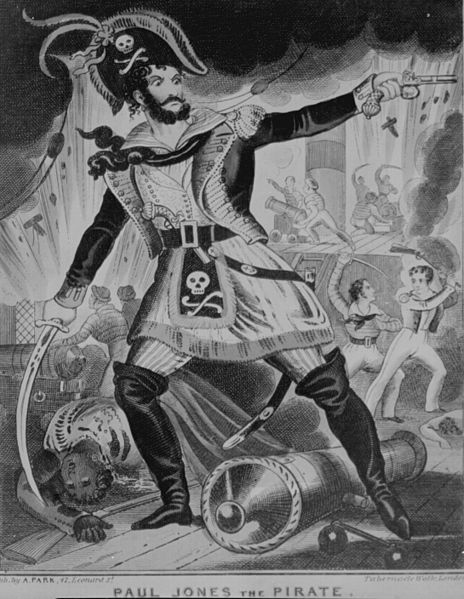
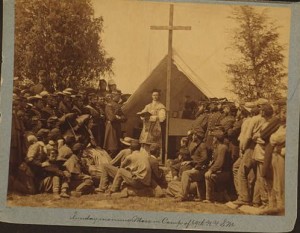

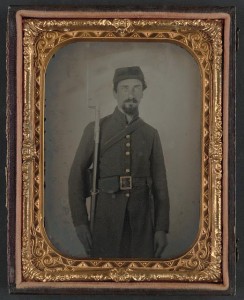
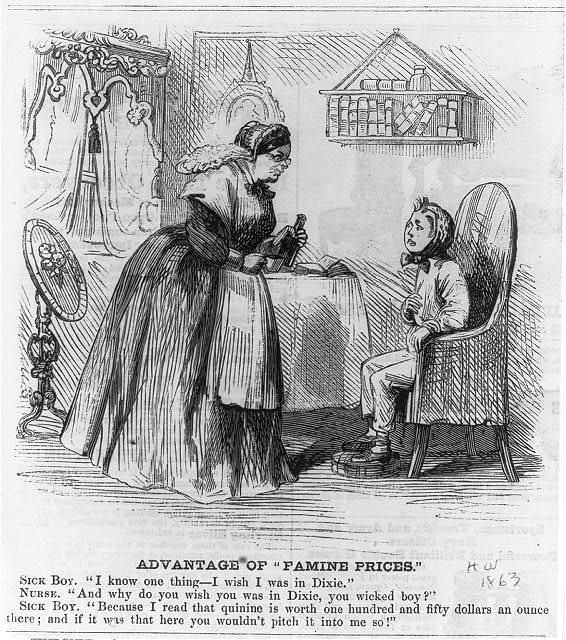
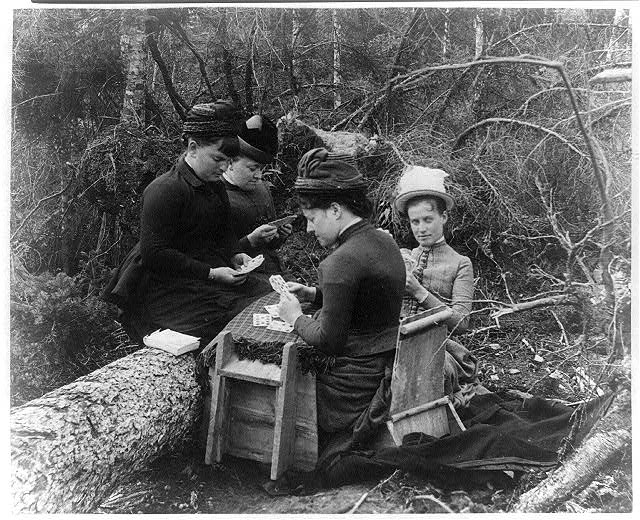
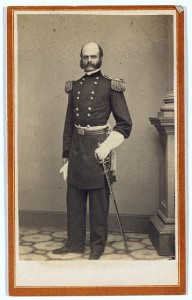
![Hon. Edwin M. Stanton (between 1855 and 1865]; LOC: LC-DIG-cwpbh-02150)](https://www.bluegrayreview.com/wp-content/uploads/2013/01/02150r-265x300.jpg)
